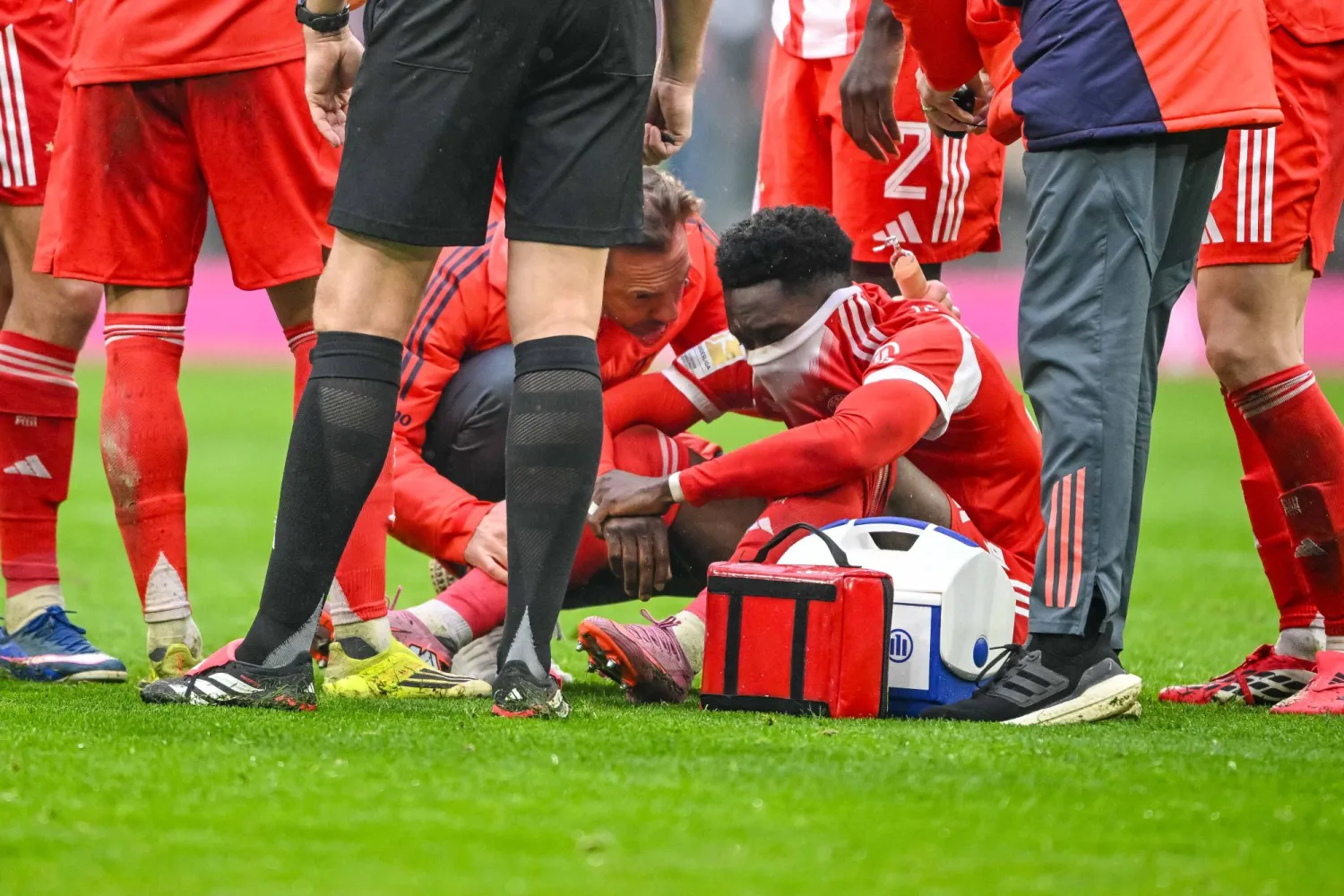The pressure is on Arsenal after Manchester City cut its lead at the top of the Premier League to two points on Saturday.
Second-place City beat Newcastle 2-1 to turn the heat up on the title race.
Victory at the Etihad Stadium piles the pressure on leader Arsenal ahead of Sunday's north London derby against Tottenham.
Nico O'Reilly scored both goals for Pep Guardiola's team and extended its unbeaten run in the league to five.
“The win was the most important thing. Try to close the gap as well as apply as much pressure as possible, but (I'm) also very happy with the two goals,” The Associated Press quoted O'Reilly as saying. “It’s a lot of games to go, we just need to take each game as it comes.”
City also moved further clear of third-place Aston Villa, which drew 1-1 with Leeds. Chelsea is fourth after a 1-1 draw with Burnley.
City is the team chasing down Arsenal, which has stumbled in recent weeks with only two wins in its last seven.
By contrast, City is finding form at the right time for a title run and ground out victory against Newcastle.
Guardiola and his players appeared to acknowledge how important the result could be as they embraced each other after the final whistle.
The momentum is with City at the top of the standings having cut back Arsenal’s lead, which was nine points earlier this month.
Three straight wins against Liverpool, Fulham and Newcastle have changed the complexion of the title race, while Arsenal has drawn back-to-back games against Brentford and Wolves.
O’Reilly’s 14th minute strike put City ahead against Newcastle, but Lewis Hall leveled in the 22nd.
O’Reilly got his second with a header across goal five minutes later.
City defended deep in the second half as Newcastle went in search of an equalizer and held out for the win.
“We won today, but it’s a step at a time,” said Guardiola. “Seventy percent of the players never played in that situation (challenging for the title), and I don’t play. So we have to live it. They know, we know, that every game until the end of the season will be like this.”
Aston Villa's title challenge was hit after being held to a 1-1 draw at home to relegation-fighting Leeds on Saturday.
It took an 88th-minute equalizer from substitute Tammy Abraham to rescue a point for Villa — but the draw means Unai Emery's team could be cut further adrift of Arsenal and Manchester City at the top of the standings.
“There are two sides — one is that we lost two points, or that we won one point,” Villa coach Unai Emery said. “We have 51 points. Today, we lost two, or we won one. At this point, hopefully, we can get the next matches, understanding this point better.”
Villa's draw leaves it seven points behind Arsenal and continued its shaky recent form of just one win in four in the league.
It could have been worse after Aton Stach put Leeds ahead from free kick in the 31st.
Abraham, a January signing from Besiktas, came on in the 75th and leveled from close range for his first Premier League goal since his move to Villa Park.
Leeds is seven points clear of the relegation zone.
Chelsea hit by late goal Zian Flemming scored in the 93rd at Stamford Bridge to salvage a draw for second to last place Burnley.
Joao Pedro's goal in the fourth looked like being enough for the home team, which went down to 10 men when Wesley Fofana was sent off in the 72nd.
“You need to be ruthless in this league because if you don’t defend set plays well then you get punished," Chelsea coach Liam Rosenior said. “I felt we were very happy — and it’s not the way I want to play — just to maintain possession, I want us to go for more goals."
The point moved Chelsea up to fourth — above Manchester United on goal difference, having played a game more. But the race for Champions League qualification could be even tighter by the end of the weekend with Liverpool now having the chance to move level on points with Chelsea if it beats Nottingham Forest on Sunday.
United plays Everton on Monday.
James Milner played his 654th game in the Premier League to set a new appearance record for the competition.
The 40-year-old Milner surpassed the previous benchmark set by Gareth Barry, which had stood since 2018. And he doesn't sound like he's ready to call it a day yet.
"I’ll keep pushing, let’s see where that takes us,” Milner said after Brighton's 2-0 win, which delivered a setback to Brentford's Champions League challenge.
Goals from Diego Gomez and Danny Welbeck put Brighton in control before the break at the Gtech Community Stadium.
Brentford is five points off the Champions League places.
Adams returns from injury US international Tyler Adams was back on the field for Bournemouth — making his first appearance since tearing his left MCL on Dec. 15.
Adams was in the starting lineup for the 0-0 draw against West Ham and played for 66 minutes before being replaced by Ryan Christie.
It’s now just one loss in six for West Ham as its battle to avoid the drop continues to gain momentum.
West Ham, in 17th, is two points away from safety, but has played a game more than its closest rival Forest.









